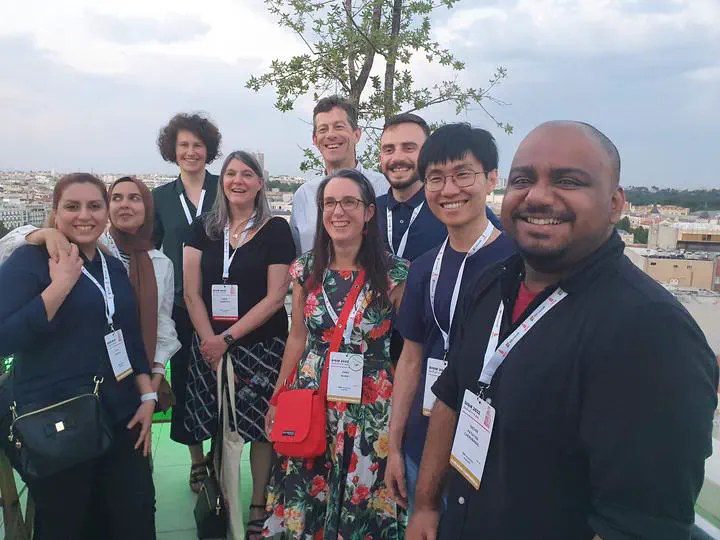Evaluation of herd behavior caused by population-scale concept drift in collaborative filtering
 Image credit: Prof. Mark Sanderson
Image credit: Prof. Mark SandersonAbstract
Concept drift in stream data has been well studied in machine learning applications. In the field of recommender systems, this issue is also widely observed, as known as temporal dynamics in user behavior. Furthermore, in the context of COVID-19 pandemic related contingencies, people shift their behavior patterns extremely and tend to imitate others’ opinions. The changes in user behavior may not be always rational. Thus, irrational behavior may impair the knowledge learned by the algorithm. It can cause herd effects and aggravate the popularity bias in recommender systems due to the irrational behavior of users. However, related research usually pays attention to the concept drift of individuals and overlooks the synergistic effect among users in the same social group. We conduct a study on user behavior to detect the collaborative concept drifts among users. Also, we empirically study the increase of experience of individuals can weaken herding effects. Our results suggest the CF models are highly impacted by the herd behavior and our findings could provide useful implications for the design of future recommender algorithms.